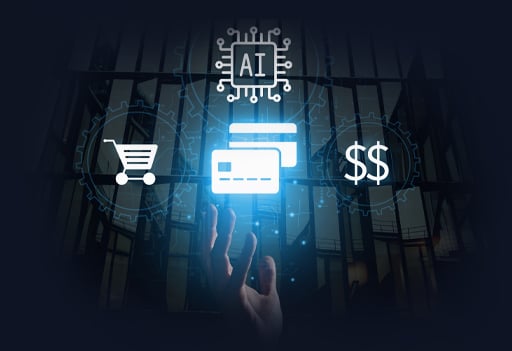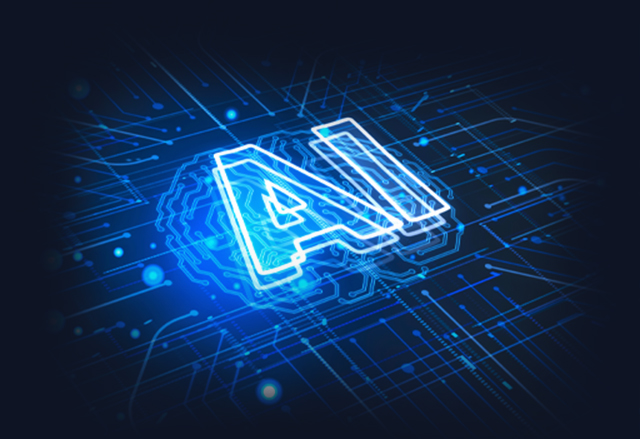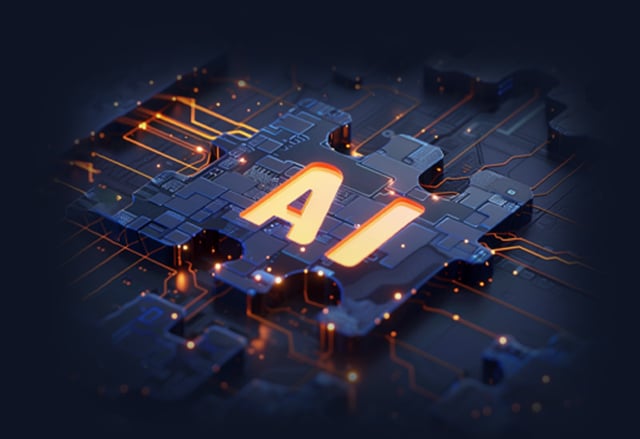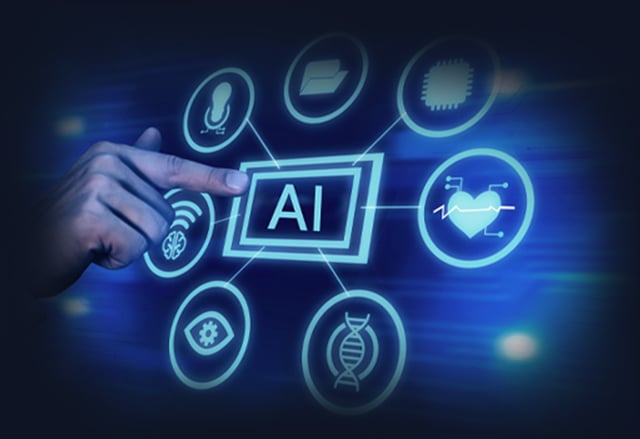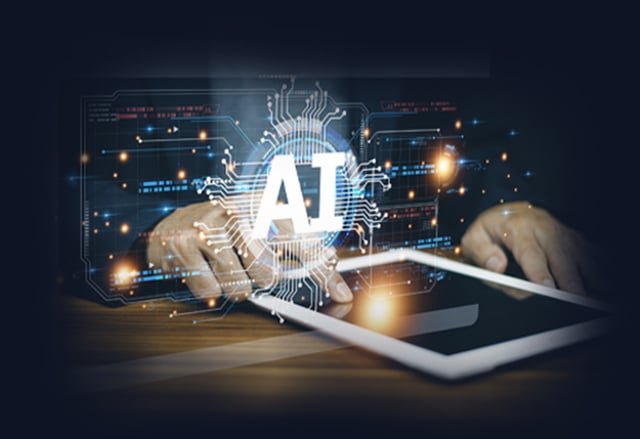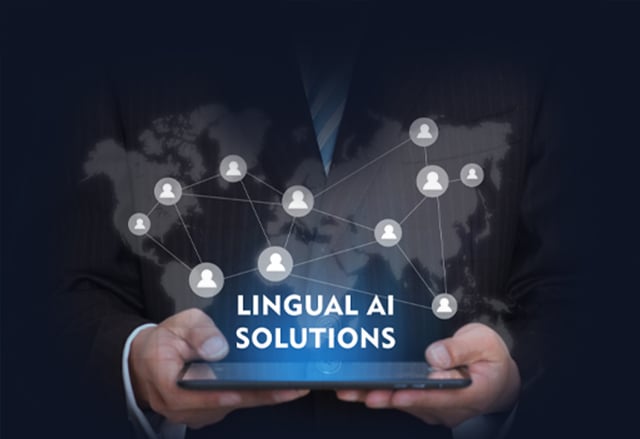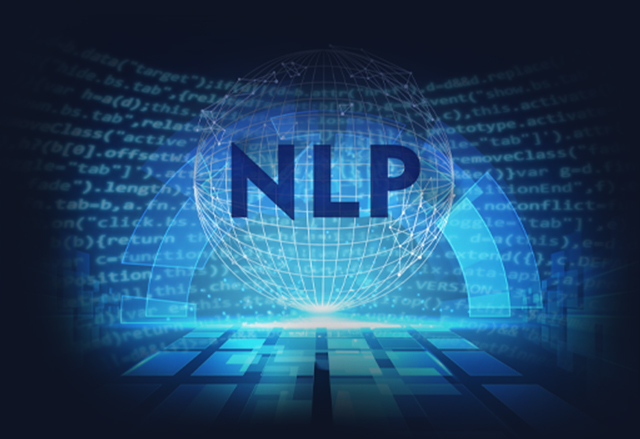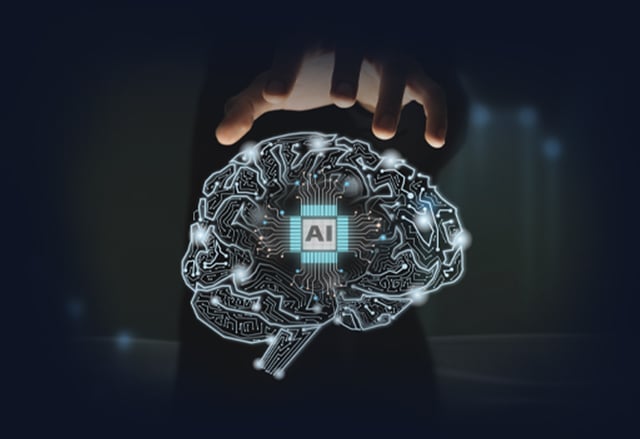Unleashing AI Power in E-Commerce: A New Era of Retail
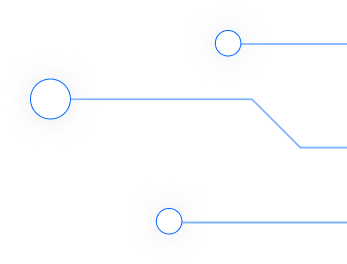
In an era where technology is rapidly reshaping the retail landscape, The AI Power in E-Commerce has emerged as a game-changer.
Artificial Intelligence (AI) technology, once a futuristic concept, is now at the forefront of driving innovation and efficiency in the online shopping world.
As we witness the evolution of e-commerce trends, AI stands out as a key catalyst, transforming how businesses interact with customers, manage operations, and strategize for growth. From personalized shopping experiences to data-driven decision-making,
AI is more than just an addition to the e-commerce toolkit; it's becoming an indispensable element.
As we delve deeper into the realms of AI and e-commerce, it becomes evident that the synergy of these two domains is set to redefine the shopping experience, making it more intuitive, efficient, and customer-centric. Let’s find out how!
Understanding Artificial Intelligence
Artificial Intelligence, or AI, may sound complex, but at its core, it's about machines being programmed to think and learn like humans.
This technology enables computers to analyze data, recognize patterns, make decisions, and even predict future trends, all without human intervention.
In e-commerce, AI is revolutionizing how businesses operate, offering smarter and more efficient ways
to engage with customers and manage operations.
Let's break down some key types of AI technologies used in e-commerce:
- Machine Learning: This is AI's powerhouse, where computers learn from data to improve their performance over time. In e-commerce, machine learning algorithms can predict what products a customer might like based on their browsing history, enhancing the shopping experience.
- Natural Language Processing (NLP): NLP helps computers understand and interpret human language. This technology powers chatbots and virtual assistants, enabling them to communicate effectively with customers, answer queries, and offer personalized recommendations.
- Predictive Analytics: This involves using AI to analyze patterns in data to predict future outcomes. E-commerce businesses use predictive analytics for various purposes, including forecasting sales, optimizing pricing strategies, and managing inventory more efficiently.
- Process Automation: Thanks to what is called Robotic Process Automation (RPA), AI is incomparable when it comes to automating repetitive tasks. In an e-commerce setting, this can range from automatically updating product listings to processing orders and managing customer data.
As AI continues to evolve, its potential in e-commerce seems boundless, opening doors to new opportunities and ways of engaging with customers.
Trends in AI for E-Commerce
As we navigate through the ever-evolving landscape of retail, several AI trends are significantly shaping the e-commerce industry.
These innovations are not just enhancing the shopping experience but are also setting new standards
for how e-commerce businesses operate and engage with their customers.
- Personalization at Scale: Leveraging AI, e-commerce platforms are now offering unparalleled personalization. This means customers see product recommendations, deals, and content specifically tailored to their preferences and past behaviors, creating a highly individualized shopping experience.
- Voice Search: With the rise of voice assistants and spoken language recognition technologies, voice search capabilities are becoming more prevalent. This allows customers to search for products using natural spoken language, making the shopping experience more intuitive and user-friendly.
- AI-Powered Customer Service: Chatbots and virtual assistants, equipped with advanced natural language processing abilities, are providing instant customer support. They can handle a wide range of queries, from tracking orders to resolving issues, elevating the standard of customer service in e-commerce.
- Predictive Analytics in Inventory and Supply Chain Management: AI is enabling more efficient management of inventory and supply chains by predicting demand patterns, helping e-commerce businesses minimize overstocking or stockouts and optimize their operations.
- AI-Driven Marketing Automation: E-commerce platforms are utilizing AI to automate and optimize marketing campaigns. This includes personalized email marketing, targeted ads, and content delivery, ensuring that the right message reaches the right customer at the right time.
The Role of AI in Customer Insights and Personalization
In a sector as dynamic as e-commerce, analytics play a pivotal role in elevating the shopping experience through customer personalization, that’s where AI comes in handy.
By analyzing vast amounts of data, AI systems can understand individual customer preferences and behaviors. This deep insight allows e-commerce platforms to tailor their offerings, showing customers products, deals, and recommendations that align closely with their interests.
Personalization extends to marketing communications as well, with AI enabling targeted emails and notifications that resonate with each customer.
This not only enhances the shopping experience but also significantly boosts customer engagement and loyalty. By providing a more personalized journey, AI is redefining the way customers interact with e-commerce platforms, making shopping more intuitive, enjoyable, and efficient.
AI-Powered Shopping Assistants: Elevating Online Experiences
AI-powered assistants and chatbots are revolutionizing customer service in e-commerce, offering efficient and responsive automated shopping assistance. By leveraging AI, these chatbots can handle a wide range of customer queries, from product inquiries to post-purchase support, round the clock.
This instant service not only enhances customer satisfaction but also streamlines the sales process,
guiding customers through their purchasing journey.
AI chatbots are also adept at learning from interactions, continually improving their responses and recommendations, thereby personalizing the customer experience. Their integration into e-commerce platforms marks a significant shift towards more interactive, responsive, and customer-centric retail environments.
Optimizing Inventory and Supply Chain Management
Artificial intelligence is a game-changer in optimizing inventory management and supply chain processes in e-commerce. By analyzing historical data and current market trends, AI algorithms can accurately forecast demand, reducing the risk of overstocking or stockouts.
This predictive capability ensures that inventory levels are optimally maintained, enhancing overall supply chain optimization. AI also streamlines logistics, from order processing to delivery, by identifying the most efficient routes and methods. This not only saves time and reduces costs but also improves the reliability of the supply chain, ensuring a seamless flow of goods from warehouses to customers.
AI-Driven Marketing and Sales Strategies
AI-driven marketing is transforming the way e-commerce businesses approach sales strategies and business growth planning.
AI tools analyze customer data and market trends to create targeted marketing campaigns.
This tailored approach ensures that the right message reaches the right audience at the right time,
significantly enhancing the likelihood of sales conversions.
Furthermore, AI-driven insights help in optimizing pricing strategies and identifying new market opportunities, thus fostering sustainable business growth.
By leveraging AI in marketing and sales, e-commerce platforms can not only attract more customers but also nurture lasting relationships with them.
Preparing for an AI-Driven E-Commerce Future
As we stand on the cusp of an AI-driven revolution in e-commerce, businesses must gear up for the future of e-commerce by embracing AI readiness and business innovation.
To effectively integrate AI, companies should start by understanding their specific needs and the potential AI solutions that can address them.
This involves staying informed about the latest AI developments and trends in e-commerce.
Investing in the right talent and technology infrastructure is crucial, as is fostering a culture of innovation and adaptability.
Businesses should also prioritize data management, as the quality and organization of data are key to leveraging AI effectively.
By preparing in these ways, e-commerce businesses can not only ride the wave of AI innovation but also set
new benchmarks in customer experience and operational efficiency.
The integration of AI in e-commerce marks a significant leap towards a smarter, more efficient retail environment.
AI's impact, spanning from enhanced customer personalization to optimized supply chain management,
heralds a new era of business innovation and customer engagement. Embracing AI is about more than just staying competitive; it's about redefining the possibilities of retail.
The AI edge in e-commerce is clear; it's more than a technological advancement;
it's a transformational force reshaping the very fabric of the retail industry.
Frequently Asked Questions (FAQs)
How does AI improve the online shopping experience for customers?
AI enhances the online shopping experience by providing personalized product recommendations
and efficient customer service through chatbots, making the shopping journey more intuitive and tailored to individual preferences.
Can AI in e-commerce help with business decision-making?
Yes, AI aids in business decision-making by analyzing customer data and market trends,
offering valuable insights for strategic planning and effective marketing campaigns.
Is AI technology in e-commerce difficult to integrate with existing systems?
In essence, NO. Many modern AI solutions and platforms are designed to be integrative and compatible with existing e-commerce platforms, allowing for a smoother transition and integration process.
What future advancements can we expect in AI for e-commerce?
Future advancements in AI for e-commerce may include more advanced personalization techniques,
improved natural language processing for better customer interactions, and enhanced predictive analytics for inventory and supply chain management.


